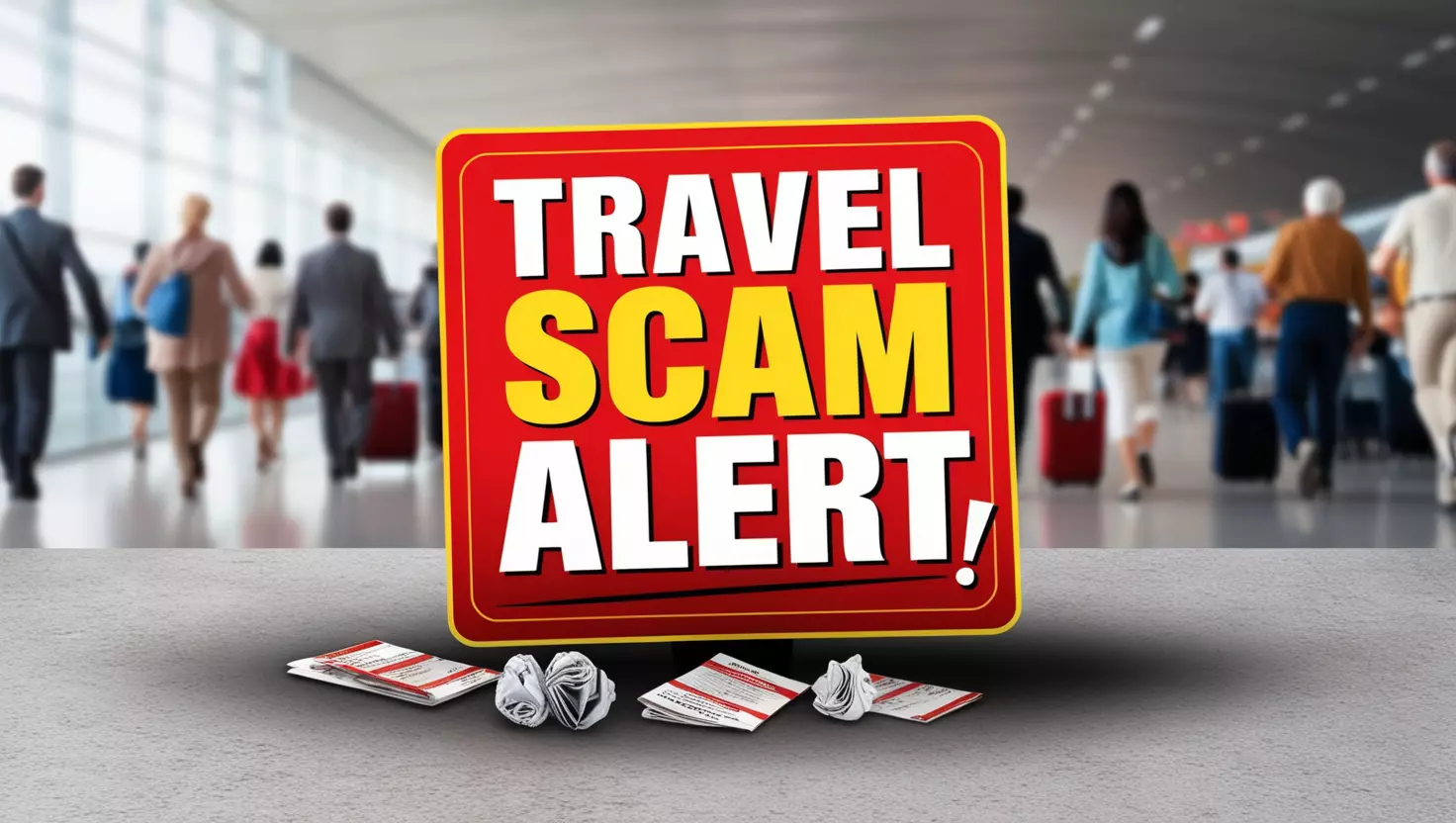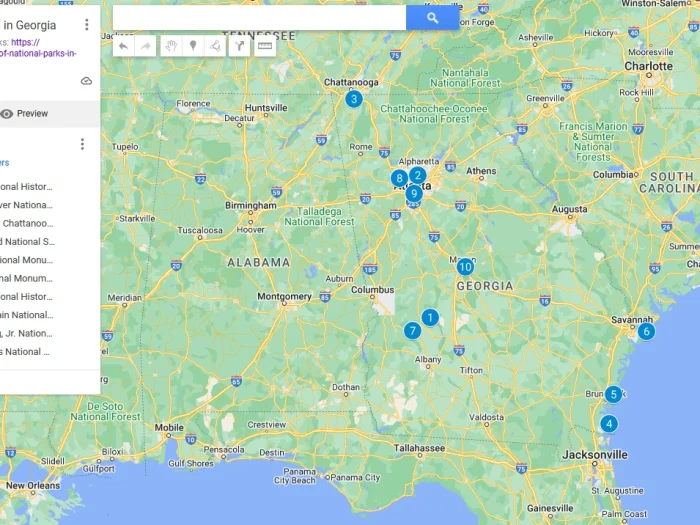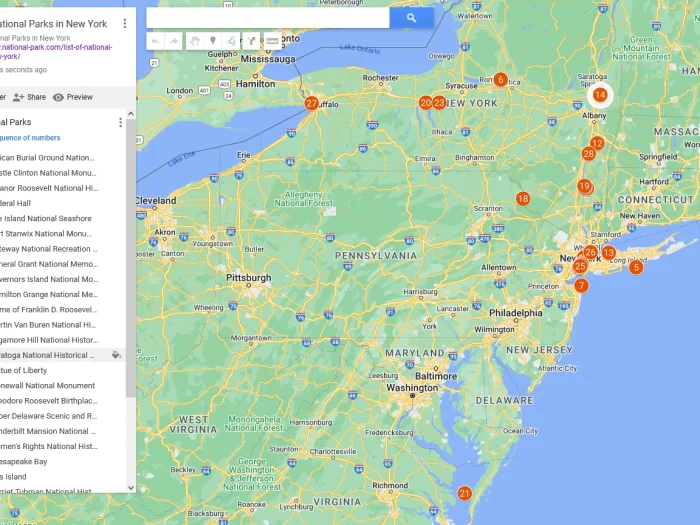5 Top Travel-Related Scams and Proven Ways to Outsmart Them
Everyone loves a good deal that lets their money stretch further, right? Cheap flights, bargain hotel rooms, all-inclusive packages – they’re hard to resist! But lurking in the background are scammers just waiting to prey on travelers looking for a steal. If you’re like me and like finding a deal, be wary of travel vouchers selling for what seems like a crazy discount. Trust me; you don’t want to fall for it. Here’re some things I learned the hard way about spotting and avoiding scams while planning trips.

Sham Booking Sites
Phony booking websites are everywhere now. These sites look so close to the real thing that it’s hard to tell the difference. They’ll copy logos, designs, and even the layout to trick you. I almost fell for one once – it’s scary how good they look. If you’re booking online, here’s what I do to avoid getting duped:
- Check the URL Carefully: Scammers often make URLs look almost the same as the real ones, but there’ll be tiny changes – like “.net” instead of “.com.” It’s sneaky.
- Look for HTTPS: Legit sites usually use HTTPS (with that little padlock icon). Without it, you’re more at risk.
- Check Reviews: I make sure to read reviews on trusted sites like Google or TripAdvisor. If there are no reviews or all bad reviews, that’s a huge red flag.
- Book Directly: When I can, I go straight to the hotel’s or airline’s website to make my booking.
- Report Fake Sites: If you spot a scam site, reporting it helps others avoid the same trap. In the UK, you can report to the National Cyber Security Centre or the US government website in America.
Phishing Electronic Mails
Phishing emails seem to be getting better and better. Sometimes they look like they’re from a reputable travel company, with an “urgent” message to confirm a booking or update payment info. Here’s what I do when I suspect an email might not be legit:
- Check the Sender’s Email Address: Look out for slight variations in the email address – scammers love using ones that look real but have tiny differences.
- Don’t Click on Links or Attachments: I avoid clicking on any links or attachments unless I’m absolutely sure. It’s safer to log in to the company’s website directly to see if there’s an actual issue.
- Look for Mistakes: Most big companies check their emails before they send them, so grammar or spelling errors are a giveaway that it might be a scam.
Bogus Coupons and Travel Discounts
Discount coupons are tempting, especially when you’re trying to save money on a vacation. But if the deal looks too good to be true, it probably is. Here’s what to watch out for:
- Research the Offer: I always research a company before I buy a coupon or book a deal. Looking up reviews or checking if the company is legit saves a lot of headaches.
- Beware of Urgency Tactics: Scammers will often use phrases like “limited-time offer” to pressure you. Don’t rush into it – take a step back and see if it’s real.
Fake Vacation Rentals
Vacation rentals can be a minefield too. Fake listings can appear on even the most reputable websites. I’ve seen stories of people arriving at rentals that don’t even exist! Here’s what I do to be safe:
- Use Reputable Platforms: I stick to well-known platforms that offer some protections or guarantees, like Airbnb.
- Communicate Through the Platform: If someone wants to chat off-platform, that’s a big red flag. These platforms have systems in place to help if things go wrong.
- Verify the Property: I’ll ask for extra photos, and sometimes even talk to the owner on the phone to make sure it’s real.
Travel Insurance Frauds
Getting travel insurance is crucial, but scammers have started exploiting that too. Here’s how I make sure my insurance is from a trustworthy source:
- Use Trusted Providers: I only buy insurance from well-known companies with good reviews.
- Read the Fine Print: It’s easy to skip the terms and conditions, but I try to go through them, just in case there are strange exclusions.
Common Warning Signs of a Scam
Here are some universal signs I keep an eye out for to spot scams:
- “Free” Vacation but You Pay Fees: If they say it’s a free trip but want payment for taxes or fees, it’s not really free. Usually, these fees add up fast.
- Vague Travel Details: When they can’t give you specific details, like the hotel’s address or the cruise line’s name, it’s a signal to walk away.
- Asking for Payment by Wire Transfer or Gift Card: Scammers love these payment methods because once they get the money, it’s almost impossible to get back.
- Rush Tactics: If they try to rush you into a decision, that’s another red flag. Scammers know you’re more likely to overlook details when you’re pressured.
- Luxury Properties at Bargain Prices: If the rental price seems too low for what they’re offering, be careful. It’s probably a scam.
Final Thoughts
Travel scams can throw a wrench in your holiday plans. But being cautious can help you dodge these traps. I always research thoroughly, check websites, and avoid sharing personal info unless I know for sure who I’m dealing with. If you end up getting scammed, report it to your bank or payment service as soon as possible. It might just help recover your losses or prevent others from falling into the same trap. Stay safe out there and enjoy your next adventure without any unpleasant surprises.




